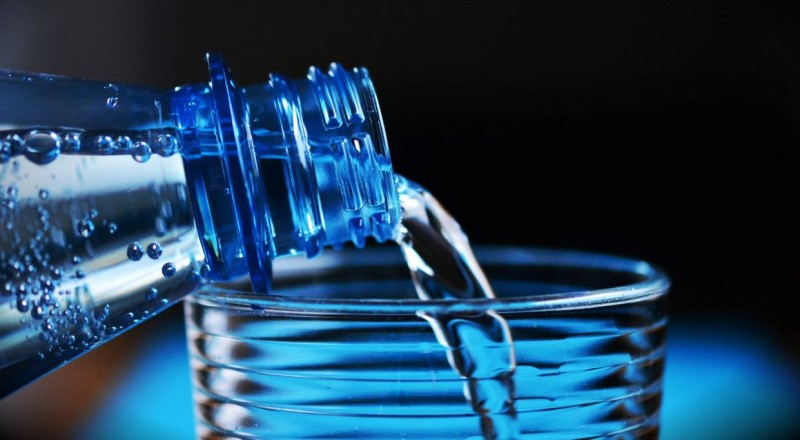
When it comes to our daily hydration needs, bottled water has become an integral part of our lives. We often stock up on bottled water to ensure we have a convenient and accessible source of clean drinking water. However, have you ever wondered if bottled water can spoil? In this article, we will delve into the factors that might affect the shelf life of bottled water and whether it can actually spoil.
Understanding the Shelf Life of Bottled Water
The Basics of Bottled Water Longevity
Bottled water is typically known for its long shelf life. But how long can you actually keep that bottle before it might lose its freshness?
The Role of Packaging
The type of packaging plays a vital role in determining the longevity of bottled water. Plastic bottles, for instance, are commonly used for packaging water due to their durability and convenience.
Exposure to Light
Exposure to light, especially sunlight, can lead to the breakdown of certain compounds in water. This could potentially alter the taste and quality of the water.
Temperature Fluctuations
Extreme temperature fluctuations, such as leaving a bottle of water in a hot car, can impact the integrity of the plastic and possibly lead to the release of harmful chemicals into the water.
Factors That Can Affect Bottled Water
Plastic Leaching
Bottled water stored for extended periods might be at risk of plastic leaching, which occurs when compounds from the plastic bottle migrate into the water.
Best Before Dates
Many bottled water products come with a "best before" date. While the water might still be safe to drink after this date, the taste and quality could be compromised.
Contamination Risks
Bottled water, like any other food product, is susceptible to contamination. Proper storage and handling are essential to minimize this risk.
Signs of Spoilage
Changes in Taste and Odor
If your bottled water has an unusual taste or odor, it might be an indication that it has started to spoil. The plastic leaching or contamination could be the culprit.
Cloudy Appearance
Clear bottled water turning cloudy could be a sign of bacterial growth. This is more likely to happen if the bottle's seal has been compromised.
Mold Growth
Mold growth within the bottle is a definite sign of spoilage. This could happen if the bottle was not properly sealed or if it was exposed to moisture.
Extending the Shelf Life of Bottled Water
Proper Storage Tips
Storing bottled water in a cool, dark place away from direct sunlight and temperature fluctuations can help maintain its quality for a longer time.
Avoiding Reuse
Reusing plastic water bottles can increase the risk of bacterial contamination and plastic leaching, diminishing the water's quality.
In conclusion, while bottled water might not exactly "spoil" in the traditional sense, its quality can indeed be compromised over time due to factors such as plastic leaching, exposure to light, temperature fluctuations, and contamination risks. To ensure that the bottled water you consume is of the highest quality, it's important to pay attention to storage conditions, avoid reusing bottles, and adhere to "best before" dates.
How serious are mental illnesses? Know what the method of their diagnosis is
Avoid These Milk Mixtures, Potential Concerns You Should Know
Harnessing the Power of Superfoods: A Comprehensive Guide to Their Health Benefits